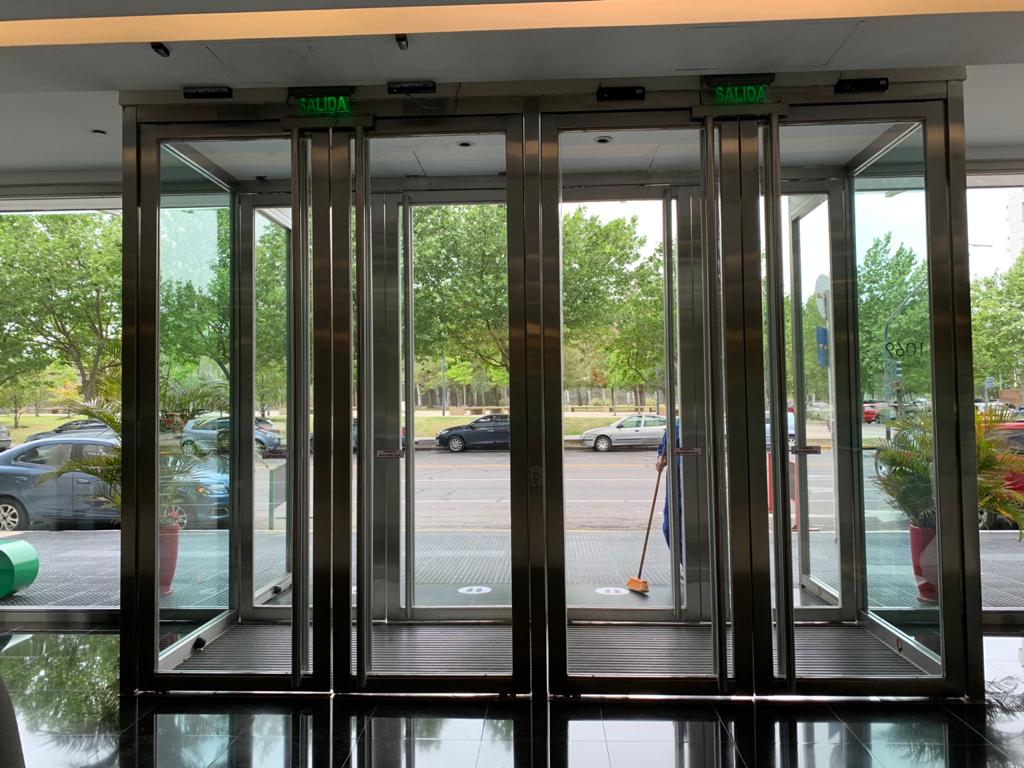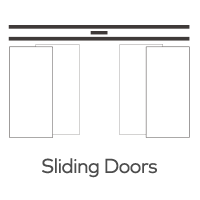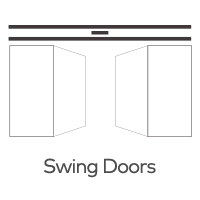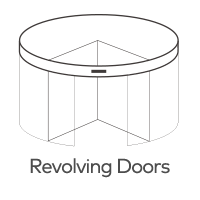What are some common issues that can arise with door contact sensors, and how can they be resolved?
Door contact sensors are essential components of home security systems that help detect when doors are opened or closed. These sensors can be prone to several issues that can impact their performance and reliability. In this article, we will discuss some of the most common issues that can arise with door contact sensors and how they can be resolved.

1. False alarms
One of the most common issues with door contact sensors is false alarms. False alarms occur when the sensor reports that a door has been opened or closed when it hasn't. False alarms can be caused by various factors, such as changes in temperature, humidity, or interference from nearby electronic devices. To resolve false alarms, ensure that the sensor is properly installed and that its wiring is not damaged. Additionally, check the positioning of the sensor and the magnet and ensure that they are aligned correctly.
2. Battery issues
Door contact sensors rely on batteries to function, and low battery levels can cause several issues, such as reduced range, intermittent operation, or complete failure. To resolve battery issues, replace the batteries with fresh ones, and ensure that they are correctly installed. Regularly checking the battery level can help prevent issues caused by low battery levels.
3. Sensor misalignment
Door contact sensors consist of two components - the sensor and the magnet. If these two components are not aligned correctly, the sensor will not work correctly. Misalignment can be caused by accidental damage, such as bumping or jarring the sensor or magnet, or by poor installation. To resolve misalignment issues, ensure that the sensor and magnet are correctly positioned, and that they are not obstructed by any objects.
4. Wiring issues
Another common issue with door contact sensors is wiring issues. Wiring issues can be caused by damaged wiring, poor connections, or faulty installation. To resolve wiring issues, ensure that the wiring is not damaged and that all connections are secure. If the wiring is damaged, it may need to be replaced.
5. Compatibility issues
Sometimes, door contact sensors may not be compatible with certain types of doors or windows. For example, metal doors or windows can interfere with the sensor's ability to detect whether the door is open or closed. To resolve compatibility issues, consider using a different type of sensor or upgrading to a more advanced system that is designed to work with a wider range of door and window types.
In conclusion, door contact sensors are essential components of home security systems that can help detect intruders and protect your home. However, they can be prone to several issues that can impact their performance and reliability. By following the tips discussed in this article, you can resolve common issues with door contact sensors and ensure that they function correctly.







